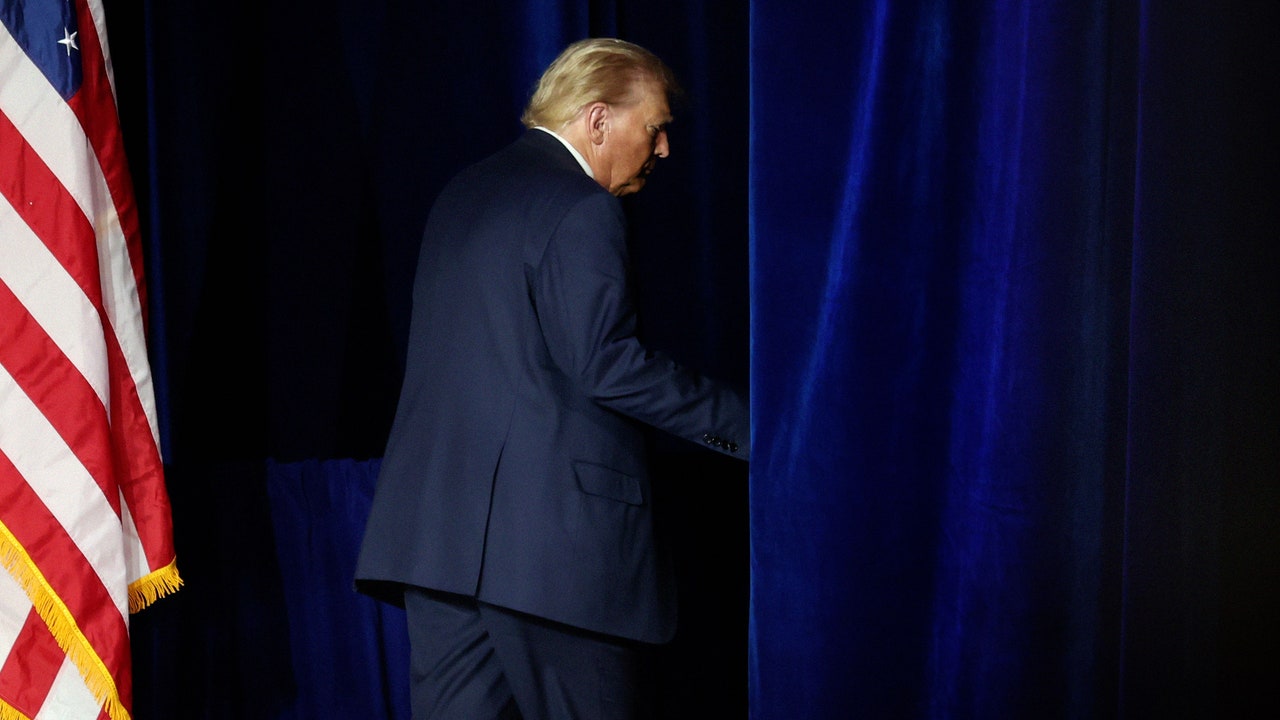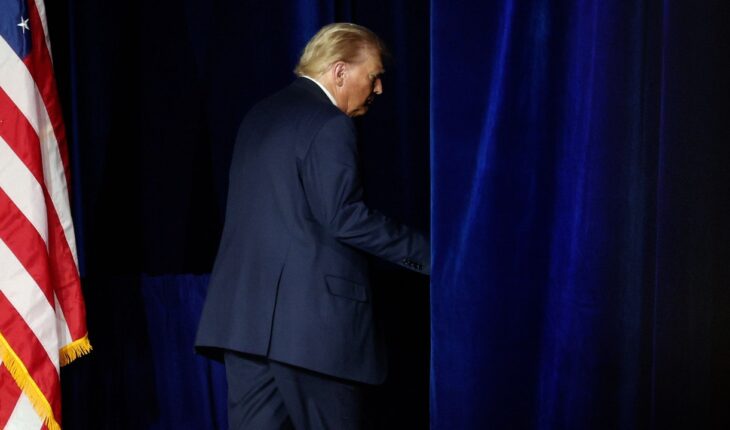
Unfortunately, Ali Soufan was right. One year ago, shortly after the October 7 Hamas attack on Israel and the start of Israel’s military response, Soufan told me that the events had “ushered in a new era of chaos to the region.” The fallout has seen the displacement of millions of Gazans, the killing of Hamas leader Yahya Sinwar, a ceasefire agreement in Lebanon, and the overthrow of former Syrian dictator Bashar al-Assad.
Yet for all the death and destruction, much is still unsettled—and the imminent return of Donald Trump to the White House adds another wildcard. Soufan has worked in the region for decades. As an FBI agent, he came closer than anyone else to heading off the 9/11 attacks. Now, Soufan leads his own security consulting agency, where he facilitates delicate hostage negotiations abroad.
In between flights to the Middle East, Soufan spoke with Vanity Fair about everything from the nature of Syria’s victorious rebel group (“They continue to be a terrorist organization until they prove otherwise”), to how much power Marco Rubio may possess as Trump’s secretary of state (“I believe everything is going to be run directly by the White House”), to the broader conflicts escalating all throughout the Middle East. “There’s a lot of things happening now,” Soufan says, in a major understatement. “The situation in the region is really scary.”
Vanity Fair: No one could have predicted exactly how things would unfold during the past year. But you’re an expert in the region. Have any of the ramifications surprised even you?
Ali Soufan: We always knew that something big was going to happen in Syria after October 7 and after the weakening of Iran’s key proxy, Hezbollah, in Lebanon. Turkey has moved swiftly to fill the vacuum left by Tehran and to expand its influence. But I don’t think even the Turks believed that the Assad regime would collapse this fast.
The Israeli hostages remain an enormous issue. On Monday president-elect Donald Trump threatened Hamas, saying “all hell will break out” if the hostages are not released by January 20. Is that helpful, or is he posturing in case they are released sooner, so Trump can claim credit for scaring them into a deal?
I think that it’s only talk, and I think it’s coming from the fact that the situation might be solved before he takes office. The head of the CIA went to Qatar [on Wednesday]. What Trump says does not impact much what is going on in the negotiations. If you’re Hamas, what else can happen? The situation in Gaza is a total mess. They’re already living in the deepest level of hell. I have a positive feeling about the outcome of the negotiations this time.
Yet even if that part of the troubles is resolved, Trump will be dealing with a deeply volatile region. You have worked in counterterrorism for a long time. Where are the greatest risks from the new instability?
I think Turkey will do some kind of military operation against the Kurds [in northern Syria], because they consider the Syrian Democratic Forces, which are led by the Kurds, to be a terrorist organization on the Turkish border. If Turkey’s operation is successful, what’s going to happen to the hundreds of ISIS fighters that are in Kurdish custody? It could be similar to what happened in Iraq, when ISIS declared an Islamic state. The situation would be very dangerous not only for Syria, but also for Turkey and the international community, including the United States.
Trump consistently talks like an isolationist, about taking care of America and leaving other countries alone to sort themselves out.





